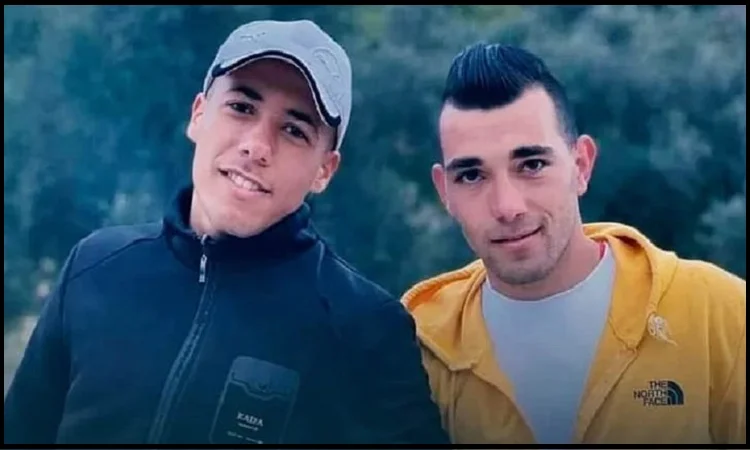Anam Biswas talks ‘Rongila Kitab’, his second book-to-screen adaptation
Share on:

Anam Biswas became a household name after his much-appreciated movie "Debi". His directorials tend to reflect his talent, and he has garnered praise for every project he's undertaken—be it a film or web content. Besides directing, Anam is also recognised for his songwriting skills.
His latest web-series, "Rongila Kitab," was released yesterday on the OTT platform Hoichoi. The filmmaker recently shared his thoughts on the new project and more with.
Both "Debi" and "Rongila Kitab" have been adapted from books. Do you prefer creating content from books?
Reading books shaped my generation. Everyone around me was a reader, and like them, I would often lose myself in the pages of a book. That sense of escape became addictive—an experience I constantly crave. I feel incredibly fortunate to have been able to bring two of my favourite books to life — one as a movie and another as a web-series. If given the chance, I'd gladly do it again, and again.
How much creative freedom do you have when adapting content from books?
Total freedom. As the director, I get to decide how the characters, setting, and narrative flow will be visually represented. For example, when I was working on Humayun Ahmed's "Debi", a fan told me that if Misir Ali didn't have a beard, people would protest at Press Club. I got worried, because Chanchal bhai, who played Misir Ali, doesn't have a beard thick enough to match the book's description. However, we decided to keep Chanchal bhai's natural beard, avoiding any fake beard to maintain authenticity.
In the book, Misir Ali lives in Kathalbagan, but in our version, we set him up in a bamboo house in the Begunbari slum. So, visually, we have the freedom to interpret the book. However, while adapting the events and writing dialogues, sensitivity is key. You don't want the adaptation to feel like a completely new story.
As a Humayun Ahmed fan myself, I enjoy crafting dialogue and events that reflect his style. As for "Rongila Kitab," we've also made many creative changes but stayed true to the core emotion of the original story. For example, the subplot in the book about the characters Pradip and Supti was turned into the main plot in our series.
How close did you get to the essence of 'Rongila Kitab'?
Whether I did justice to it, is for the audience to decide. But I believe that when a director takes on a story, it inevitably becomes their own. The director's life experiences and imagination weave into the fabric of the characters and events, spreading through every detail like a slow, inevitable virus. In the end, even if it's not a story initially written by the director, it transforms into a deeply personal perspective. If the director doesn't forge an emotional connection with the story, how can they expect the audience to feel its impact?
How was your experience working with Pori Moni and Imran?
Both are incredibly talented. Their chemistry was evident on set, and I'm sure it will translate on screen. They gave ample time to their characters and prepared thoroughly. Pori Moni even gained weight for her role, while Imran infused a local tone into his dialogues.
You're also known for your songwriting skills, especially with the hit 'Teka Pakhi.' Do you plan to keep writing more songs?
Yes and no. I enjoy writing songs for my own content. I used to write and compose songs myself, but it's been a while since I've done that. I miss it.
It's been a good while since your last movie 'Debi' released. When can we expect your next big-screen project?
My next film, "Thikana Bangladesh", will be released in 2025. Its working title was "Football 71". I've spent over a year and a half researching and writing the screenplay. The film has already been shot and features performances by Arifin Shuvoo, Nusraat Faria, and others.

